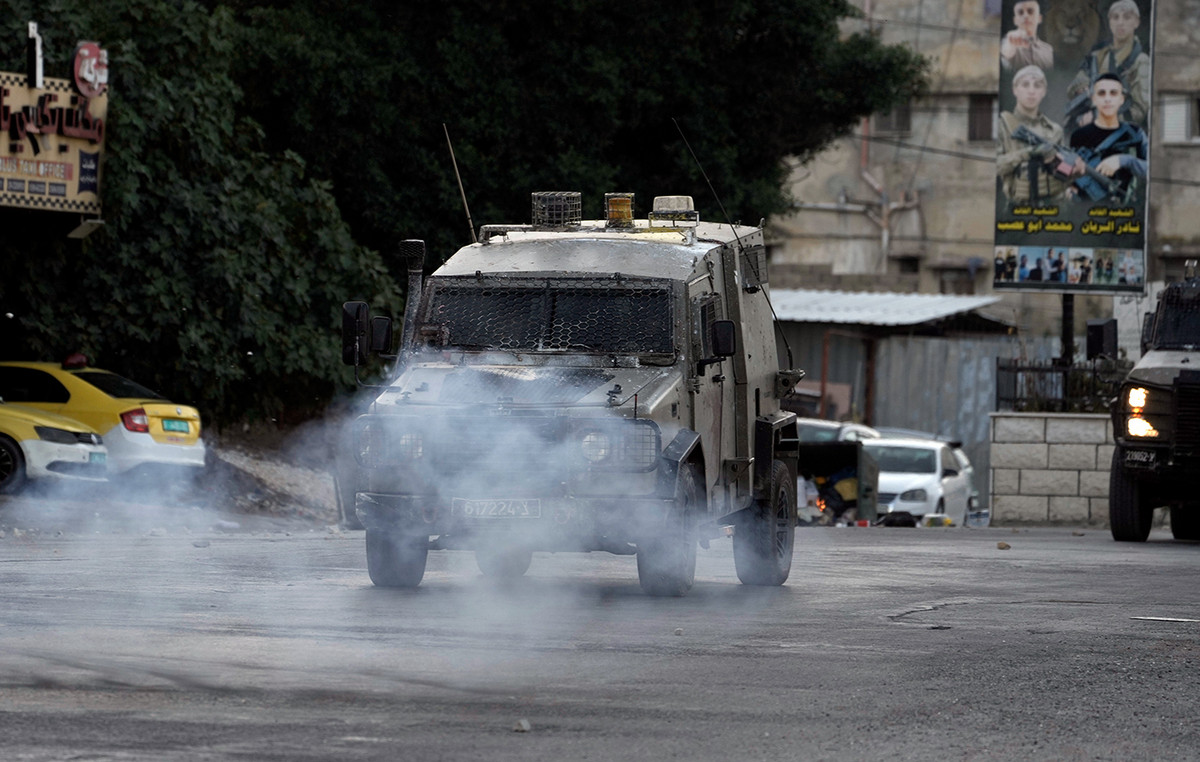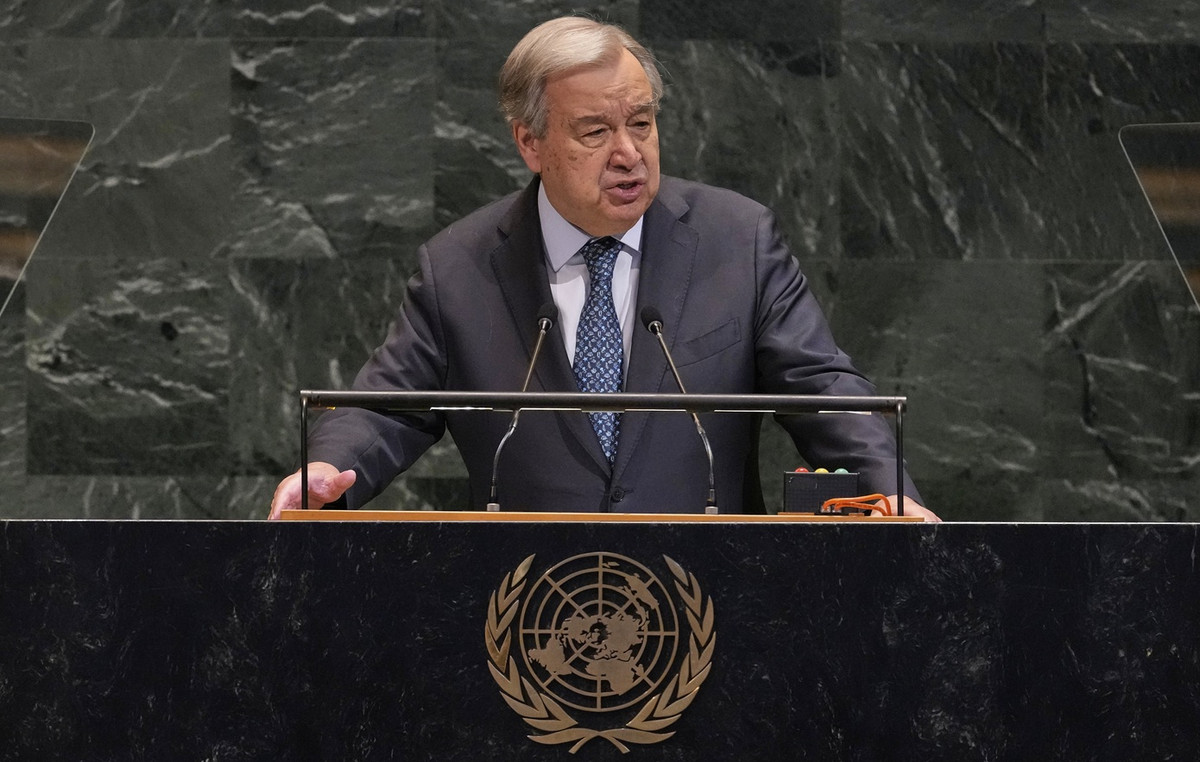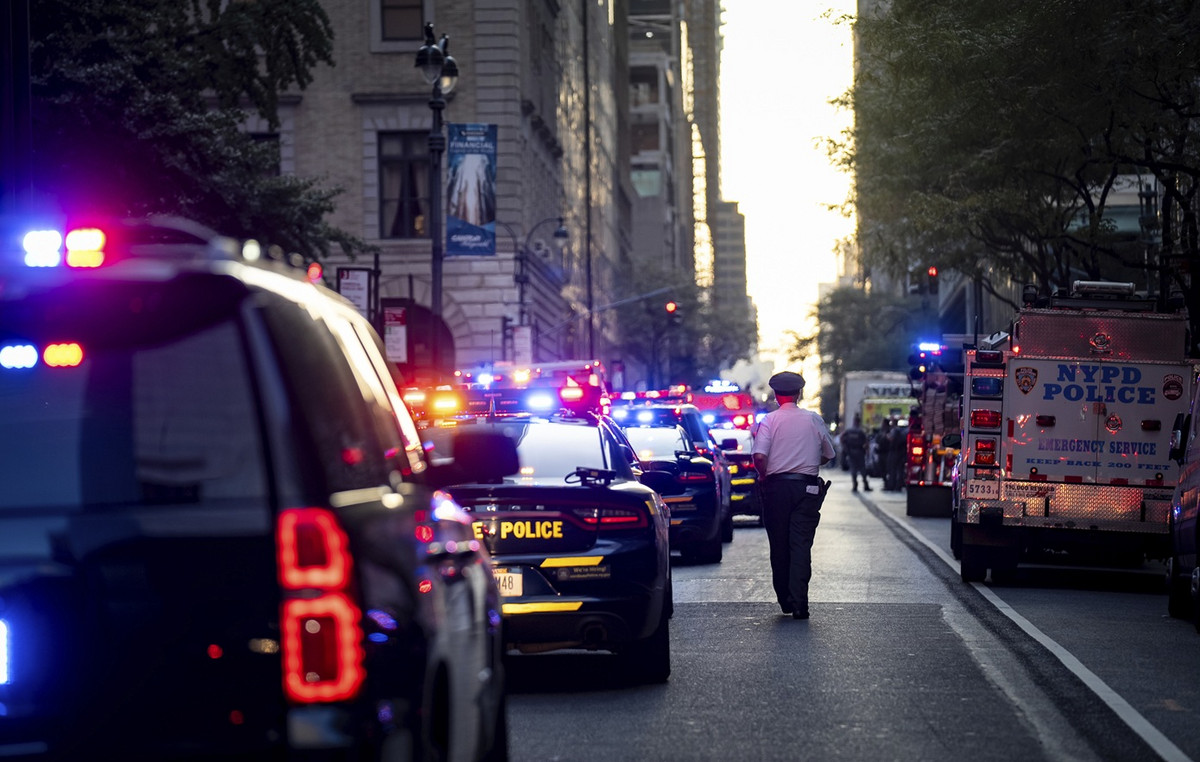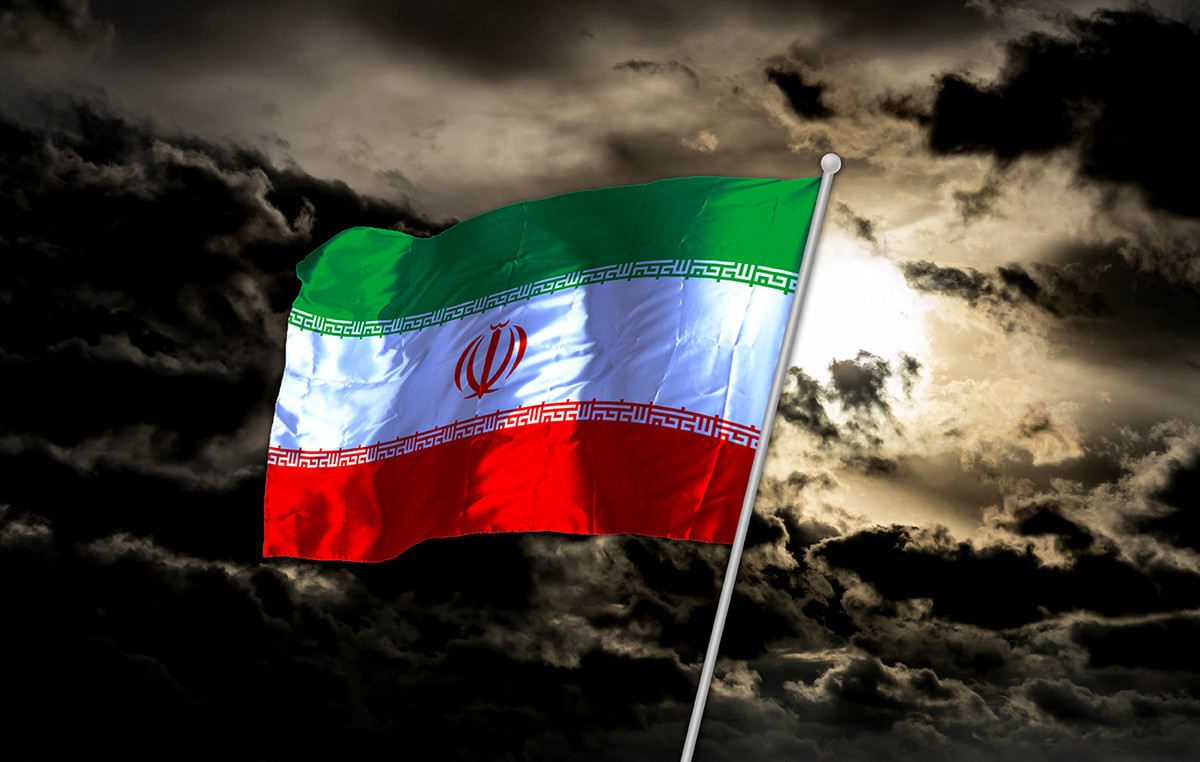Alexander Dugin whose daughter Darya Dugina died on Saturday (20) after the explosion of the car he was in, is the “high priest” of a virulent campaign of Russian nationalism that is becoming increasingly influential in the country.
Coming from a family of Russian military officers, his journey has been remarkable: from fringe ideologue to leader of a prominent current of thought in Russia that sees Moscow as the heart of a “Eurasian” empire that defies Western decadence. He is the spiritual founder of the term “the Russian world”.
Along the way, this strand incorporated a deep aversion to the identity of the Ukraine out of Russia .
Dugin, 60, helped revive the phrase “Novorossiya” or New Russia – which included territories from parts of Ukraine – before Russia’s annexation of Crimea in 2014. The Russian president Vladimir Putin even used the word when declaring Crimea part of Russia in March of that year.
The philosopher has long had a visceral aversion to Ukrainians who resist assimilation into “mother Russia”. After dozens of pro-Russian protesters were killed during clashes in Odesa in May 2014, he said: “Ukraine must be disappeared from the Earth and rebuilt from scratch or people need to get it back. I think the Ukrainians need a total revolt at all levels and in all regions. An armed revolt against the Junta [suposto grupo fascista ucraniano]. Not only in the Southeast”, declared Dugin.
“Kill, kill and kill. Enough talking. It is my opinion as a teacher,” he added.
The following year, Dugin was sanctioned by the United States as “complicit in actions or policies that threaten the peace, security, stability or sovereignty or territorial integrity of Ukraine”.
The birth of Eurasianism
The work that propelled Dugin to prominence was 1997’s “Fundamentals of Geopolitics,” in which he laid out his vision of a Eurasian empire, stretching from Dublin to Vladivostok. The book advocated sowing instability and dissent in the United States – a preview of the disinformation campaign surrounding the 2016 US election.
In one passage, he wrote: “It is especially important to introduce geopolitical disorder into American domestic activity, encouraging all kinds of separatism and ethnic, social and racial conflicts, actively supporting all dissident movements – extremist, racist and sectarian groups, thereby destabilizing , domestic political processes in the US”.
The work, written in the final days of Boris Yelstin’s chaotic presidency, became a bestseller in Russia.
In 2004, John Dunlop, a senior fellow at Stanford University’s Hoover Institution, wrote that no other book has had “an influence on Russian military, law enforcement and foreign policy statist elites comparable to ‘Foundations'”.
The copy spurred Dugin on to an academic career – and for a time he was chairman of international relations in the Department of Sociology at Moscow State University.
Dugin has always been one of Putin’s biggest supporters. In 2007, he said: “Putin has no more opponents, and even if they exist, they are mentally ill and must be sent for medical examination. Putin is everywhere, Putin is everything, Putin is absolute, Putin is irreplaceable.”
Gradually, relentlessly, Dugin’s views moved from the fringes of political debate in Russia to the center.
In 2011, when he was prime minister, Vladimir Putin started talking about a Eurasian Union. Dugin reflected that Putin needed “an ideology, a reason why he needs to come back” for a third term as president.
When Russia started supporting separatists in Donbass in 2014, the philosopher was one of the highlights of the Eurasian Youth Union, which recruited people with military experience to fight on behalf of the self-proclaimed Donetsk People’s Republic.
He also maintained a barrage of advertisements through the “Geopolitics” website, which the US claims to control. The US Treasury said this year that it is “a website that serves as a platform for Russian ultranationalists to spread disinformation and propaganda targeting Western and other audiences.”
“Geopolitics”, for example, argued this year that the US and NATO tried to provoke a war with Russia in order to “further terrorize the American people in all malicious ways”.
There’s no shortage of enemies for Alexander Dugin
As one of the ideological architects of Russian expansionism, Dugin referred to two “versions” of Putin and wrote a book called “Putin vs. Putin”.
He described a “lunar” Putin, pragmatic and cautious, and a “solar” Putin dedicated to restoring a Eurasian empire and confronting the West.
In March, a month after the Ukrainian conflict, in an interview with a Moscow daily, Dugin declared that “there was no doubt that the ‘solar’ Putin won, and that this was about to happen, which I didn’t say just a year ago. ago, but many years ago now.”
“Russia has crossed the Rubicon [expressão usada uma decisão sem volta]which makes me very happy”, he said.
For Dugin, this was essential because, according to him, the West was using Ukraine to try to overthrow Russia. “They believe they have a chance to defeat Russia; not literally, because that is impossible, but to crush her and force her to surrender, excluding her from his global system.”
It was also essential, in his view, to show “firm opposition to the Junta and Ukrainian Nazism that are annihilating peaceful civilians”, as well as a rejection of liberalism and US hegemony – language similar to that used by Putin to justify the invasion.
Dugin certainly has no shortage of enemies in Russia. In a 2019 interview, he said: “Everyone in power in Russia is scum. Except Putin.”
Earlier this year, he stated that his adherence to the notion of “Eurasianism” is as strong now as it was when he wrote “Foundation”.
“Its center is the Russian people. And it is open to those peoples who combine their fate with the fate of the Russian people.”
For him, the conflict in Ukraine is part of an existential battle between the lassitude of the West and a society built on tradition, hierarchy and orthodox Christian faith.
In Dugin’s world, Russia’s destiny “will not be complete until we unite all East Slavs and all Eurasian brothers in one great space. Everything follows this logic of fate – and so does Ukraine.”
Source: CNN Brasil
I’m James Harper, a highly experienced and accomplished news writer for World Stock Market. I have been writing in the Politics section of the website for over five years, providing readers with up-to-date and insightful information about current events in politics. My work is widely read and respected by many industry professionals as well as laymen.







